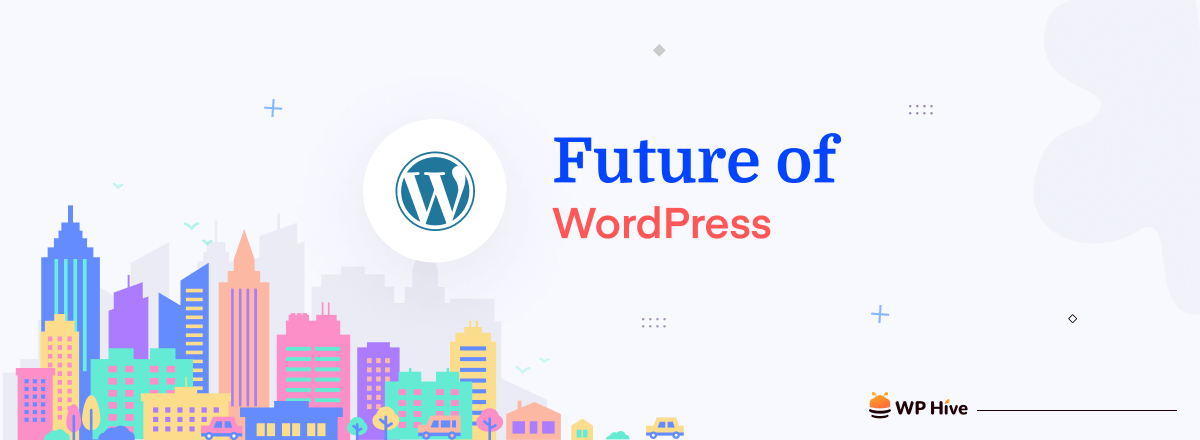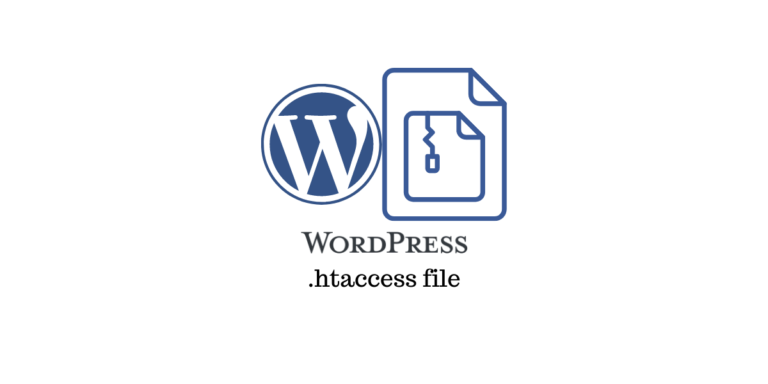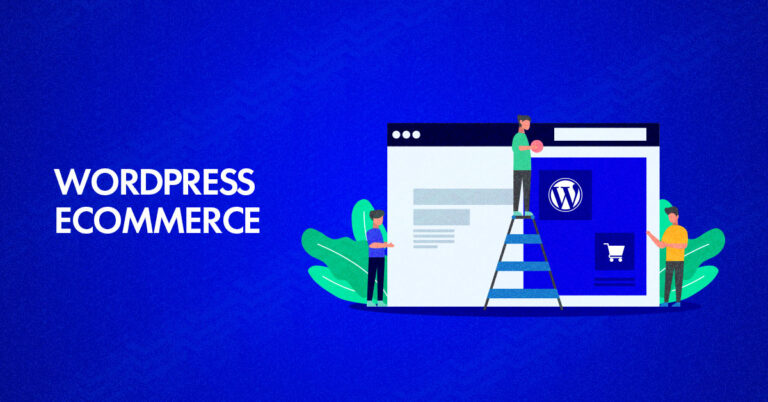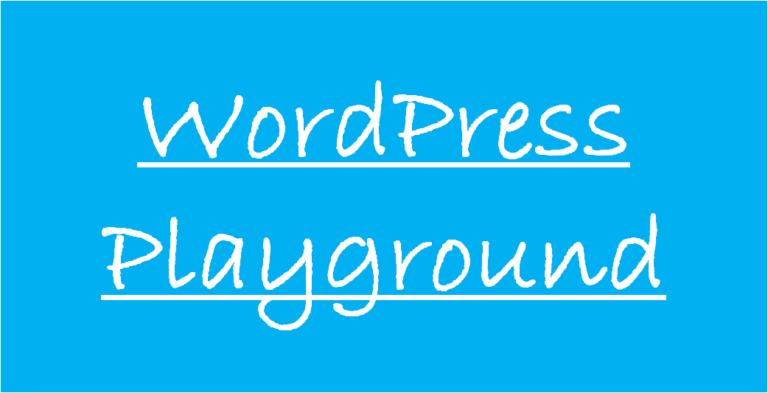The Future of WordPress: A Glimpse into a Dynamic Web Experience
WordPress, the popular content management system (CMS), has been the backbone of millions of websites, blogs, and online businesses. With its user-friendly interface, extensive plugin ecosystem, and customizable themes, WordPress has empowered countless individuals and organizations to establish a robust online presence. As we venture into the future, WordPress continues to evolve, embracing emerging technologies and adapting to changing user expectations. In this blog, we will explore the exciting possibilities that lie ahead for WordPress and how it will shape the web experience in the years to come.

Embracing the Headless Approach:
Enhanced User Experience with Block Editor and AI:
One of the significant shifts in the future of WordPress lies in the adoption of the headless CMS architecture. Traditionally, WordPress has combined the front-end presentation layer with the back-end content management system. However, with the rise of decoupled and headless CMS setups, WordPress is expected to integrate seamlessly with a wide range of front-end technologies. This allows developers to build highly dynamic and interactive websites or applications while leveraging WordPress’s robust content management capabilities.
WordPress introduced the Block Editor (Gutenberg) in 2018, revolutionizing the way content is created and managed within the CMS. In the future, we can expect further enhancements to the Block Editor, enabling even more intuitive and creative ways to design web pages. Additionally, Artificial Intelligence (AI) will play a more significant role in WordPress, assisting users with automated content suggestions, intelligent SEO optimization, and personalized user experiences. AI-driven features will help streamline content creation, improve website performance, and enhance overall user engagement.
Improved E-commerce Capabilities:
Emphasis on Accessibility and Inclusivity:
WordPress has always been a popular choice for e-commerce websites, with plugins like WooCommerce leading the way. Looking ahead, we can anticipate significant improvements in WordPress’s e-commerce capabilities. This includes streamlined checkout processes, advanced inventory management, enhanced payment gateways, and integration with emerging technologies such as blockchain for secure transactions. These advancements will empower businesses of all sizes to create compelling online shopping experiences and drive their e-commerce ventures forward.
As the web becomes more diverse and inclusive, WordPress is committed to prioritizing accessibility features. In the future, we can expect the core WordPress software to integrate accessibility standards, making it easier for developers to create websites that cater to users with disabilities. The WordPress community will continue to focus on building accessible themes, plugins, and tools, ensuring that everyone can access and navigate digital content seamlessly.
The future of WordPress is a dynamic and promising one. With its commitment to staying at the forefront of technology and user experience, WordPress will continue to empower millions of individuals, businesses, and organizations around the world. The adoption of headless CMS architecture, further advancements in the Block Editor and AI integration, incorporation of PWAs, improved e-commerce capabilities, and accessibility enhancements are just a few areas that will shape the future of WordPress. As we move forward, WordPress will remain a reliable and versatile platform, enabling us to create immersive web experiences and drive innovation in the digital realm.







